Waiting for the Barbarians
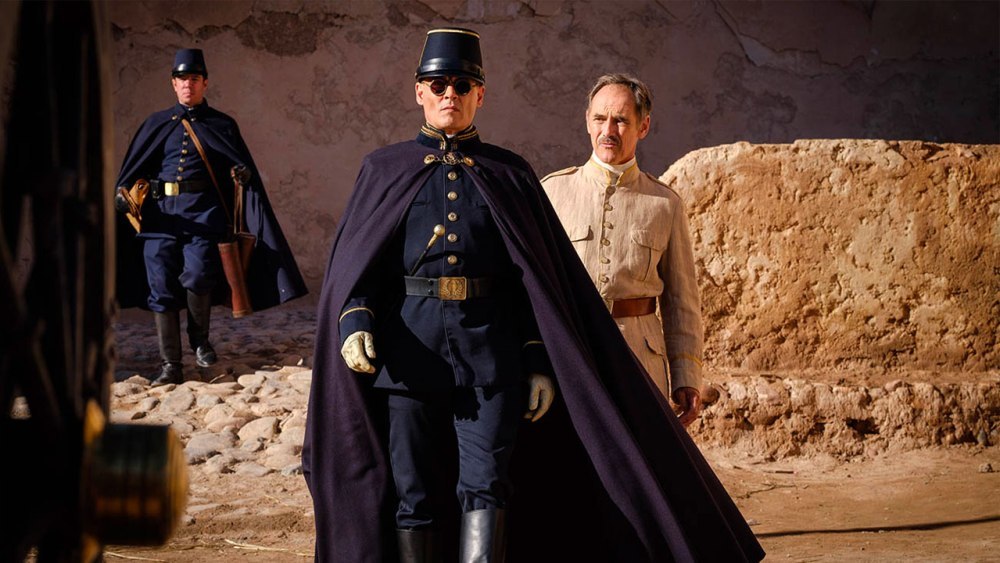
In 1980, novelist JM Coetzee published his frontier novel Waiting for the Barbarians, to critical acclaim and countless literary accolades. Now, almost 40 years and an opera later, his work has been adapted for the silver screen with his own rewritten screenplay and the direction of Colombian director Ciro Guerra. The end product itself, blessed with a cast including high-profile stars Mark Rylance, Johnny Depp and Robert Pattinson, is a deliberately sluggish drama that depicts one man’s battle with the honest reality of brutality, inhumanity and immorality that was represented at the frontier of the British empire.
Broken into segments that follow the seasons, Waiting for the Barbarians transports the viewer to an isolated outpost on a remote border of the British Empire, where sand fills the shoes of its inhabitants and thanks to the actions of one magistrate, the streets do not run red with blood. Seeking a respectful occupation of native land, Magistrate (Rylance) seeks a world of peace, empathy and mutual understanding in the purpose of his cause, and appears to be achieving his aims until Colonal Joll (Depp) rides into town, demanding an update on the state of affairs and relations with the nomads, more frequently referred to as barbarians. Reluctant to participate in violent and immoral methods of interrogation, Magistrate finds the community he has built over many years torn apart in a matter of days, and risks his own safety and status in the pursuit of doing what he believes to be right in these new, troubled times.
Coetzee, taking inspiration directly from his original text, places penetrating emphasis on language, the little music resting under conversations, intensifying the atmosphere to Shakespearean levels. The movie’s pace suffers slightly at the hands of this emphasis, but nonetheless, if your interest is harnessed before then it will continue. It would not be false to say that the film’s success rests quite heavily on the viewer’s disposition and interest at the time of watching, for if you are in the right mood, Waiting for the Barbarians is nothing short of an enticing and mesmeric periodical drama.
The portrayal of the lead character is self-indulgent on Rylance’s behalf, but boy, does it pay off. His gentle, dulcet tones offer a comforting accompaniment to Coetzee’s dialogue, coating the film like a warm drizzle of butter. Cut through that warmth with the cool, iced blade of Johnny Depp and Robert Pattinson’s antiheroes, and the film begins to come to life. Depp appears enigmatic, albeit clichéd, his gaunt face and dark-lensed glasses screaming “villain” from every corner of the screen, but nevertheless his performance shows the scars a fool can bear due to his wrongdoings, and his onscreen chemistry with Rylance is admirable. Pattinson also does what he can, although his role as Officer Mandel, a lackey, leaves slightly less to the imagination, taking on the persona of an enforcer, bitter to the core and reeking of the irrationality that comes of insecure British Empire soldiers in unknown territory.
There is of course a degree of poetic licence in the narrative, presumably transferred from the novel, that results in a degree of gullibility from Magistrate as he believes that one day the British will retreat from the frontier, shrinking the size of the empire. But as a whole these small foibles barely detract from the wider story arc. His gentleness and affection are evinced by a blind nomad (Gana Bayarsaikhan), a sensitivity that ultimately proves his downfall, but as sweet as these may seem, it becomes a clunky addition to the story when pieced together with the plot points.
That said, while the book may not exactly translate into a cinematic masterpiece, it is the beauty of the language and the context that resonate most as film and Magistrate reach journey’s end. The character encapsulates this lasting message in a line pensively delivered in an early conversation, providing the greatest food for thought as the term barbarian is thrown about in a never-ending display of naivety from the British. “The people whom you call ‘barbarians’ are nomads, they will never permit themselves to be bottled up in the mountains,” he says, and it is true: Who are really the barbarians? Is it those who have been forced to the mountains, or the British, who have invaded foreign lands and torture for information? As the final wide shot rolls with a distant rumble of hooves and a fear-inducing military line appearing through the sandstorm, the answer becomes evident that it is indeed the latter.
Guy Lambert
Waiting for the Barbarians is released digitally on demand on 7th September 2020.
Watch the trailer for Waiting for the Barbarians here:

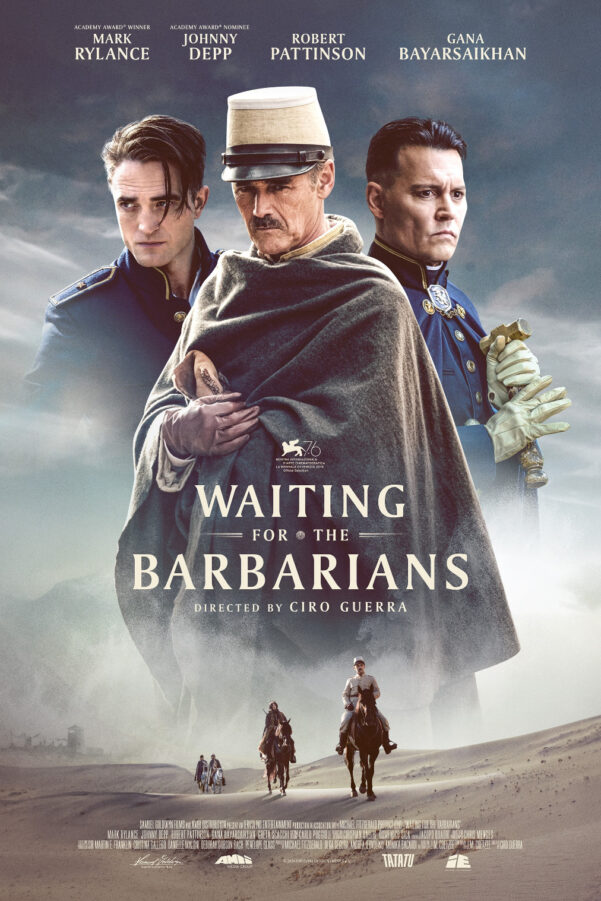
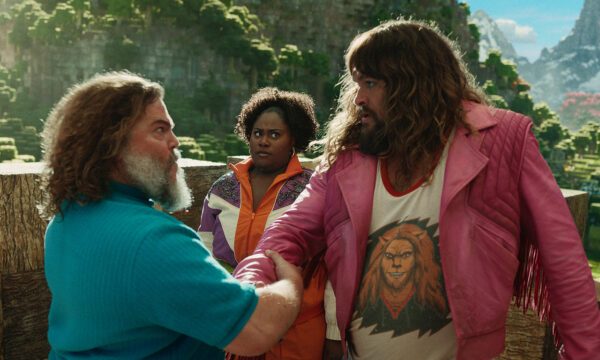



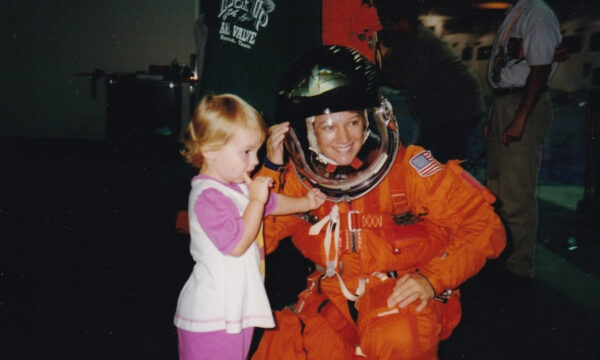
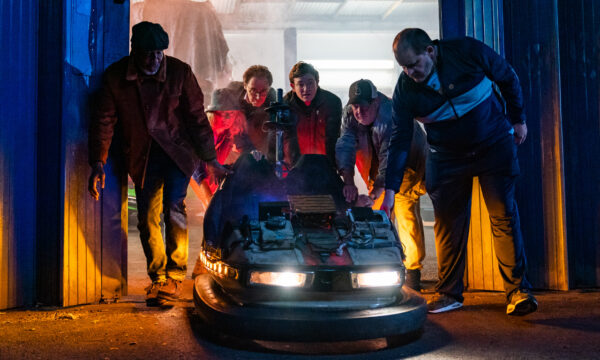
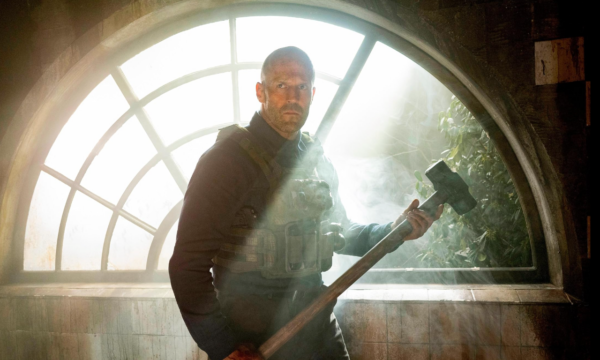
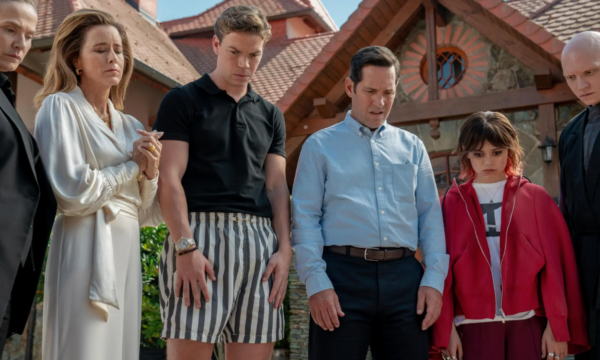








Facebook
Twitter
Instagram
YouTube
RSS